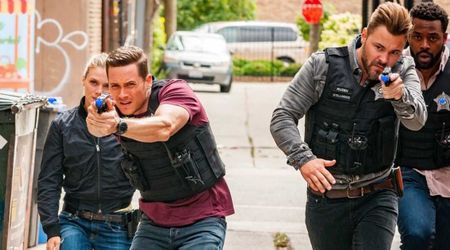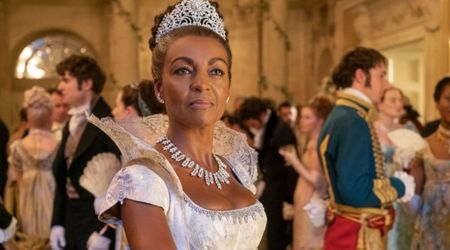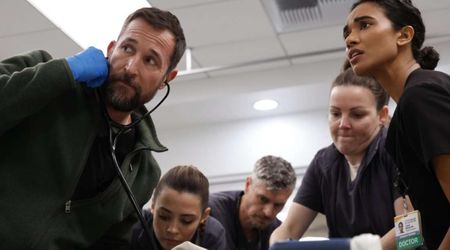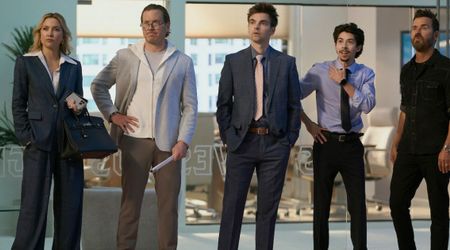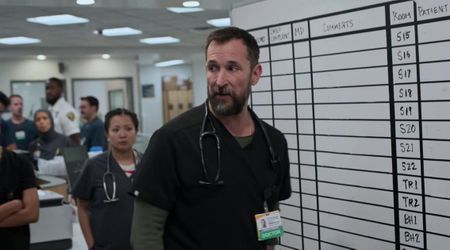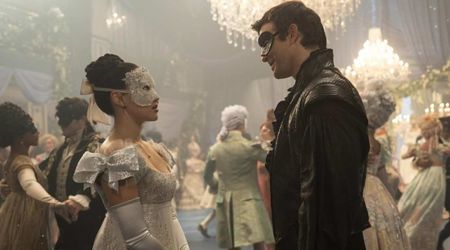'Chicago PD' Season 8 Episode 7: Can cops decide what justice is? NBC drama could be sending dangerous message

It is not news that 'Chicago PD' often pushes the boundaries when it comes to what can be considered as acceptable in its treatment of cop characters. The worst of the lot is, of course, Hank Voight (Jason Beghe), who is often shown to bend the law and do what he thinks is necessary just to solve the case, even if this involves coercing and beating up suspects.
But Voight is not the only character guilty of this on 'Chicago PD'. The other characters are just as bad. Even Jay Halstead (Jesse Lee Soffer), who is often shown to be against Voight's dirty tactics is guilty of this, and we have seen more of this lately. Take the storyline from last season, for example, which saw Halstead arresting the wrong man after his name was given by an AI facial recognition software. Halstead was told that the software was over 99 percent accurate, and despite the man pleading innocence, Halstead sends him to the county jail to get him to confess.
RELATED ARTICLES
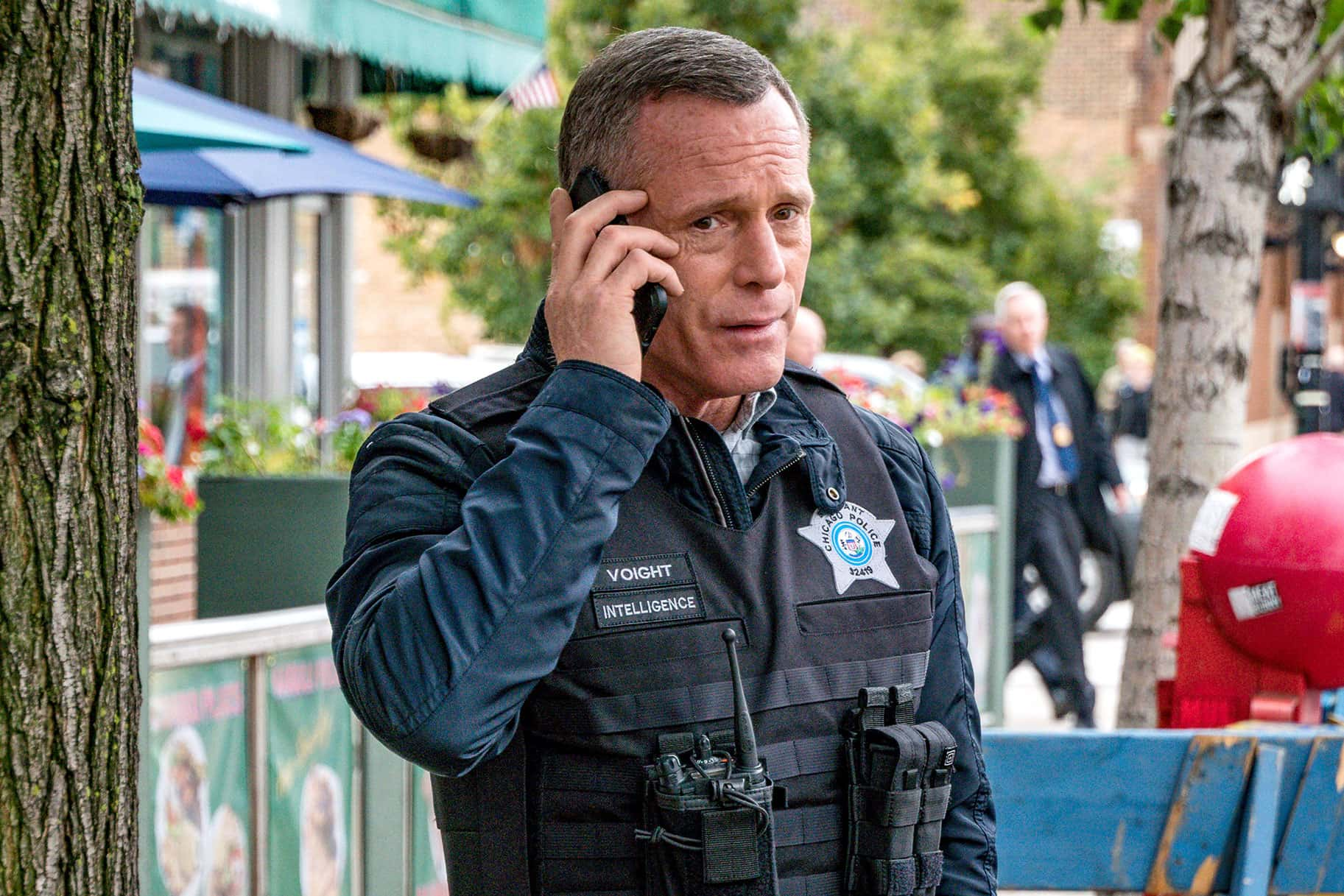
There, the man is beaten up and soon succumbs to his injuries. It is only after tragedy strikes that the Intelligence Unit figures out the real culprit. But instead of taking accountability for their mistakes, they give the name of the actual suspect to the relatives of the victims, who then carry out vigilante justice. The innocent man who died still remains guilty in the eyes of the public.
Halstead feels very guilty and begins to help the man's girlfriend and his son but later gets shot by the girlfriend who learns the truth. Halstead is absolved as far as the show is concerned, but for viewers, these experiences leave a bad taste.
In this week's episode, Halstead takes it upon himself to help a father who is trying to catch the man who killed his son. When the man carries out justice on his own — he shoots the man and flees the scene in a Camaro — Halstead figures out it was him. He is, however, reluctant to arrest him because the man is "good" and all he wants is justice for his son and that he would not be in this position had the homicide unit done their job.
Halstead does eventually arrest him, but before he does, he asks him what he did with the gun. When the man says he tossed it in the river, Halstead says, "Good," and asks him to stay quiet and get a good lawyer, before taking the man away in handcuffs. This sort of scene is not exactly new on 'Chicago PD'. In fact, it is the kind of thing that the show is known for. But, given the situation following the Black Lives Matter protests from last year and the increased campaign to address these issues on TV, 'Chicago PD' is doing a rather terrible job.
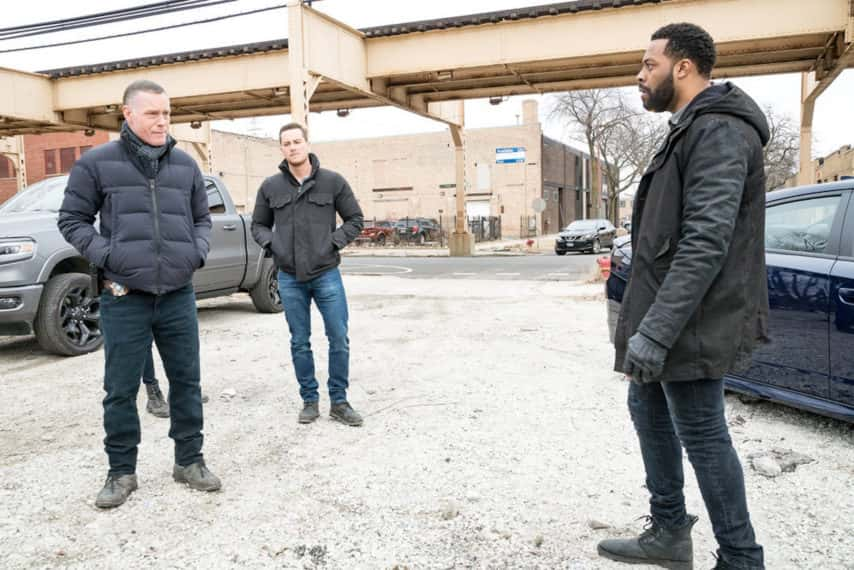
'Chicago PD' and especially Hank Voight were among the most criticized. Now, instead of getting Voight to do the dirty stuff, it seems like the show's strategy is for him to provide guidance to characters like Halstead and Upton — White cops — who grapple with what justice means.
'Chicago PD' has been called out just as recently as last year for treating unethical police officers as heroes. The study conducted by the racial justice organization Color of Change showed that no law enforcement characters were shown to be held accountable for wrongful actions. The study states, "Mythologizing the criminal justice system —implying that justice gets done because the rules get broken, that abuse and harm are rare, that racial bias and systemic racism do not exist, that current police methods keep people safe and are necessary for solving crimes — is dangerous."
It continues, "Inaccuracies and myths about the justice system deny viewers the opportunity to reckon with the truth and undermine the forces working for reform and working against injustice, especially racial injustice."
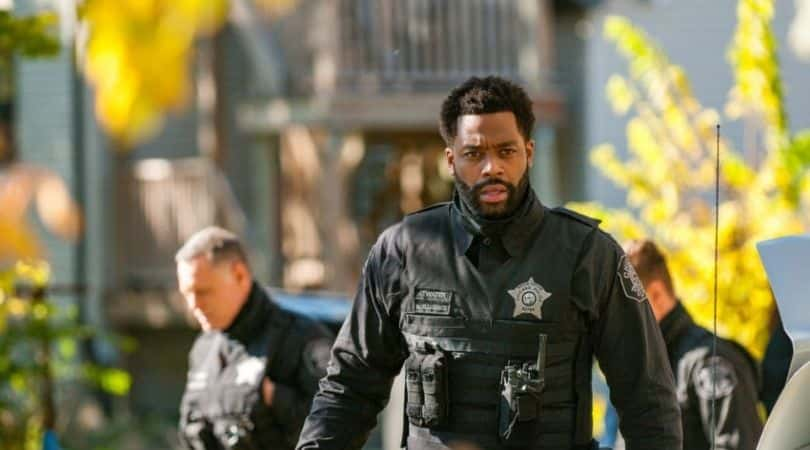
This week's episode shows that 'Chicago PD' is not serious about addressing these concerns. For instance, if the father in the episode were a White man, it would have made no difference at all. But with the character being a Black man, the show can somehow make the overreaching conclusion that the police were actually helping the unfortunate Black folks who often don't get the full support they need.
By showing Halstead advising the man so he can get away with what he did, and even earlier when Halstead got away with what he did — certainly an offence that could get someone fired if not prosecuted — 'Chicago PD' is continuing to send a dangerous message to viewers and do wrong by its viewers of color.
'Chicago PD' airs on NBC on Wednesday nights at 10/9c.

